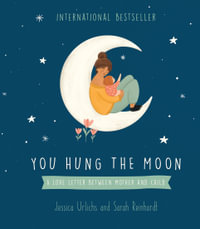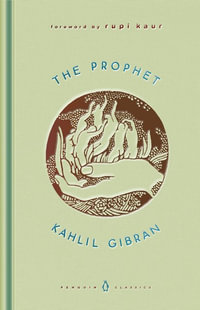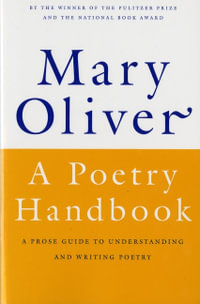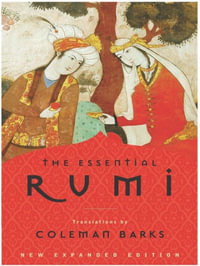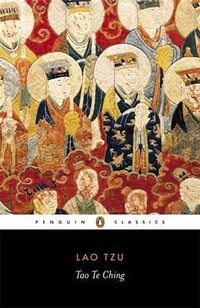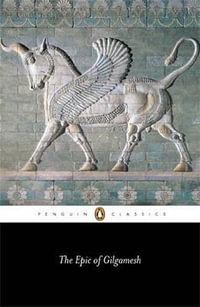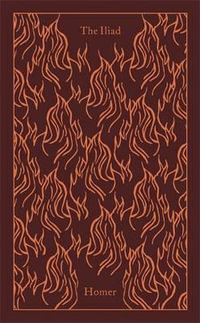The poems attributed to Omar Khayyam have a universal and timeless philosophical theme: life is a meaningful journey even if brief and uncertain. They inspire an unconstrained free-thinking mindset and a wise realization that guides thinking persons: it is impossible to see the absolute truth, as the universe has its own reality that remains largely hidden, and that one must think and act accordingly.
This book presents a selection of Khayyam's poems in their original Persian language along with their English translations in a faithful and modern version. By relying only on the original Persian version of Khayyam's poems, and using the author's own body of literary and linguistic knowledge, this book presents a modern translation of Omar Khayyam's poems since Edward Fitzgerald's Rubaiyat in 1859.
Industry Reviews
“Omar Khayyam’s Rubaiyat remains a source of inspiration for generations to come. In his lucid translation or perhaps rendition of the Rubaiyat, Siamak Akhavan has provided a balance between accuracy and eloquence for the modern reader.”
—Mehdi Aminrazavi, Professor, University of Mary Washington
“Akhavan’s translations of Khayyam’s poems emanate light, verve, and compassion. His quatrains paint vivid and intense images in the mind’s eye, capturing the joy and complexity of a brilliant thinker—one who embraced life in his eleventh-century Persian culture, which denied him freedom to voice his inner thoughts for fear of persecution. Unlike the Victorian and hedonistic style of Fitzgerald’s Rubaiyat, Akhavan’s translations flow gracefully and are eloquently simplistic, enticing the poetry lover to languor in the richness of Omar’s world.”
—Virginia Bria, Instructor, Sonoma State University
“These rhymed quatrains, more faithful to the original Persian, offer a necessary and long-overdue corrective to the well-known renderings of Edward Fitzgerald. They can be read in the spirit of Omar Khayyam’s original writing, simultaneously for wisdom and for pleasure.”
—Roger Sedarat, Professor, Queens College MFA Program in Literary Translation







